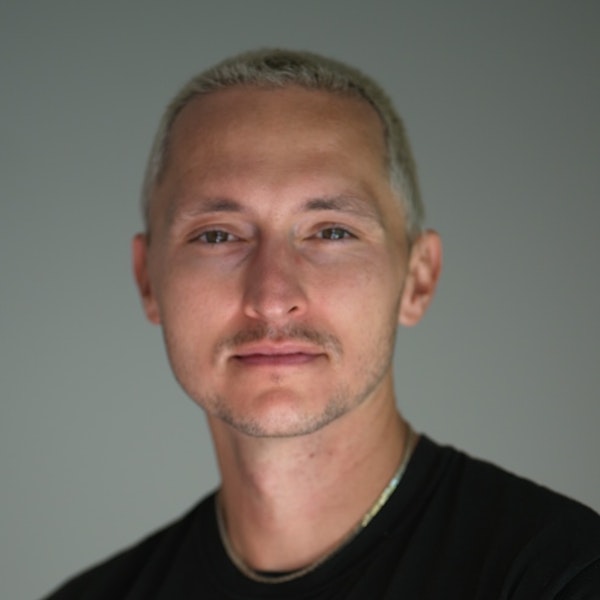Agency in the age of agents
Empowering Human Agency: Matthew Chavira on AI’s Transformative Journey at Web Summit Lisbon 2025
(This article was generated with AI and it’s based on a AI-generated transcription of a real talk on stage. While we strive for accuracy, we encourage readers to verify important information.)
Mr. Matthew Chavira, CEO of Prophets of AI, presented “Agency in the Age of Agents” at Web Summit Lisbon 2025. A global tech event host, Mr. Chavira shared his journey into AI, highlighting the transformative impact of AI agents. His talk underscored the evolving relationship between human agency and advanced artificial intelligence, advocating for thoughtful technological integration.
Mr. Matthew Chavira’s AI journey began with theoretical physicist Michio Kaku’s “Sci-Fi Science” show, featuring Dr. Ben Goertzel. A decade ago, a chance meeting with Dr. Goertzel, then Chief Scientist at Hanson Robotics, revealed his work on Sophia the robot. This led to Mr. Chavira joining Hanson Robotics to promote Sophia and discuss humanoid robots’ societal role.
Stepping out of his comfort zone, Mr. Chavira witnessed Sophia’s rise. She featured at Milan Fashion Week, opened a United Nations session, and received honorary Saudi Arabian citizenship. This demonstrated AI’s emerging celebrity status, exemplified by Sophia’s interaction with Will Smith. Mr. Chavira emphasized the importance of embracing such transformative opportunities.
Mr. Chavira explored why AI is designed to look human, noting humanity’s long-standing dream of intelligent machines, as seen in films like “Maria.” Hanson Robotics leverages humanoid design to foster emotional connections, believing this approach opens unique avenues for interaction. This strategy allows for deeper engagement and broader conversations about AI’s role.
The humanoid form facilitates various applications. Examples include an android based on Philip K. Dick’s personality, assisting the elderly, and providing hospital services. Clinical trials have explored humanoid robots in autism therapy, observing children’s emotional responses. Guided meditation sessions with these robots have even demonstrated physiological benefits, like reduced blood pressure.
Mr. Chavira’s work, including Sophia’s two main stage appearances at Web Summit, has connected him with numerous AI pioneers. He now represents influential figures, some recognized on Time magazine’s “100 most influential in artificial intelligence” list. This privilege allows him to amplify voices shaping the future of AI, reflecting his own remarkable journey.
He highlighted Stephanie Dinkins, a multimedia artist whose AI sculpture “N2” offers a century of African-American perspectives through family memories. Also featured was Laura Sophie Bour, a global tech influencer with a vast online presence, known for making complex technological concepts accessible. Her work bridges the gap between advanced tech and public understanding.
Mr. Chavira addressed the concerning trend of AI-driven depersonalization. He cited the University of Illinois incident where students used AI to cheat on an essay and then for their apology letters, illustrating a decline in critical thinking. He also mentioned the prevalence of “devoid of meaning” AI-generated messages on platforms like LinkedIn.
An MIT study further underscored these concerns, revealing that students using large language models for essays exhibited lower brain engagement and poorer performance. Mr. Chavira concluded by urging AI developers to prioritize technologies that encourage critical thinking and meaningful engagement, moving beyond simplistic “one-click solves everything” solutions to preserve human agency.
